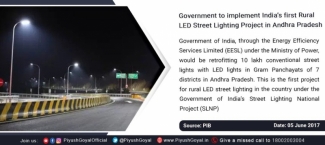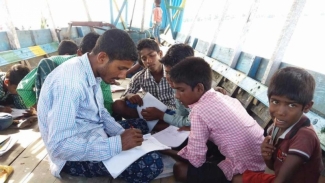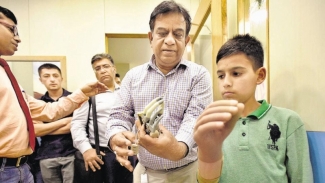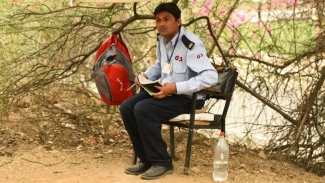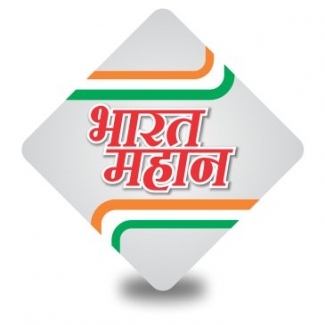
The Cabinet Committee on Economic Affairs gave its approval for restructured Centrally Sponsored Scheme of Rashtriya Gram Swaraj Abhiyan (RGSA) on Saturday.
Expenditure:
The Scheme will be implemented during the period from 01.04.2018 to 31.03.2022 at the total cost of Rs. 7255.50 crore with the Central Share of Rs. 4500 crore and that of State Share of Rs. 2755.50 crore as per details given below:
|
Year
|
2018-19
|
2019-20
|
2020-21
|
2021-22
|
Total (Rs. Crore)
|
|
State share
|
585.51
|
877.84
|
712.63
|
579.52
|
2755.50
|
|
Central share
|
969.27
|
1407.76
|
1160.94
|
962.03
|
4500.00
|
Details:
(i) This scheme will extend to all States and UTs of the Country and will also include institutions of rural local government in non-Part IX areas, where Panchayats do not exist,
(ii) The scheme will have both Central Component - National Level activities including "National Plan of Technical Assistance", "Mission Mode project on e-Panchayat", "Incentivization of Panchayats" and State component - Capacity Building of Panchayati Raj Institutions (PRIs),
(iii) The Central Component will be fully funded by the Government of India. However, Centre:State funding pattern for State Component will be 60:40 for all States, except North East and Hill States where Centre:State funding pattern will be 90:10. For all Union Territories (UTs) (with and without legislatures), the Central share will be 100%.
(iv) The implementation and monitoring of the activities of the scheme will broadly be aligned for achieving the Sustainable Development Goals (SDGs) with main thrust on Panchayats identified under Mission Antyodaya and 115 Aspirational districts as identified by NITI Aayog.
(v) The Scheme will converge capacity building initiatives of other Ministries with particular focus on those Ministries which will be impacted substantially by this Scheme,
(vi) Sunset date for RGSA will be 31.03.2030.
States/districts covered:
This scheme will extend to all States and UTs of the country and will also include institutions of rural local government in non-Part IX areas, where Panchayats do not exist.
Impact:
The approved scheme of RGSA will help more than 2.55 lakh Panchayati Raj Institutions (PRIs) to develop governance capabilities to deliver on SDGs through inclusive local governance with focus on optimum utilisation of available resources. The key principles of SDGs, i.e. leaving no one behind, reaching the farthest first and universal coverage, along with gender equality will be embedded in the design of all capacity building interventions including trainings, training modules and materials. Priority will be given to subjects of national importance that affects the excluded groups the most, e.g. poverty, primary health services, nutrition, immunization, sanitation, education, water conservation, digital transactions etc.
The scheme is designed keeping in view programmatic convergence with Mission Antyodaya GPs and 115 Aspirational districts as identified by NITI Aayog. As Panchayats have representation of Schedule Castes, Schedule Tribes and women, and are institutions closest to the grassroots, strengthening Panchayats will promote equity and inclusiveness, along with Social Justice and economic development of the community.
Increased use of e-governance by PRIs will help achieve improved service delivery and transparency. The scheme will strengthen Gram Sabhas to function as effective institutions with social inclusion of citizens particularly the vulnerable groups. It will establish the institutional structure for capacity building of PRIs at the national, state and district level with adequate human resources and infrastructure. Panchayats will progressively be strengthened through incentivisation on the basis of nationally important criteria which will encourage competitive spirit among them.
Implementation strategy and targets:
The Central Government and the State Governments will take action for performing and completing the activities approved for their respective roles. The State Government will formulate their Annual Action Plans for seeking assistance from the Central Government as per their priorities and requirement. The scheme will be implemented in a demand driven mode.






